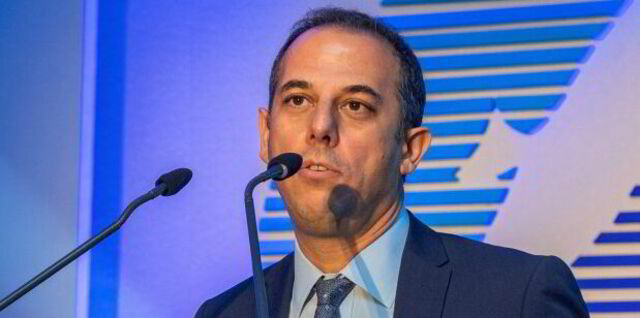
Cyprus has revoked the citizenship of eight individuals who were granted passports under the suspended Golden Passport Program.
This act follows a series of severe concerns of corruption, money laundering, and other related criminal activities that the scheme, if not checked out, would have legalized by allowing wealthy investors to acquire Cypriot citizenship.
Cyprus takes action on Golden Passport scandal
On September 4th, 2024, Cyprus revoked eight passports that had been issued under the controversial Citizenship by Investment Program, popularly referred to as the Golden Passport scheme.
This measure is part of an ongoing inquiry concerning anomalies in the now official program. The government’s decision followed extensive conclusions related to suspicious naturalizations.
Though the government did not disclose the affected individuals’ identities, it clarified that they included investors and their family dependents.
This is the most recent incident in a series of dissociations by Cyprus from the program since an Al-Jazeera expose in 2020 related it to criminal activities, among them money laundering and corruption.
Corruption charges surround former officials
One of the most well-known cases related to the Golden Passport Program involves former Transport Minister Marios Demetriades.
Demetriades, who was in office from 2014 to 2018, is accused of corruption, bribery, and money laundering connected to the program.
Investigations showed that, while he was in office, 137 people were given citizenship through a law firm linked to him, raising serious concerns about how transparent the program was.
Besides Demetriades, Cypriot authorities are also looking into over 100 other cases of citizenship granted through the program, which makes it difficult for the country to move on from the scandal.
By June 2024, the government had already taken away the citizenship of two Russian oligarchs, part of a larger effort to cancel passports as more cases are being reviewed.
(Image courtesy of TradeWinds)
Tightened migration rules amid scrutiny
The ongoing review of the Golden Passport Program and the cancellation of passports could affect both visitors and migrants to the European Union (EU).
For short-term visitors, this might mean closer checks, as the process of approving visas could become more difficult. This could lead to longer wait times or more requirements before entering an EU country like Cyprus.
This could also connect to the upcoming European Travel Information and Authorization System (ETIAS), which will require visitors to get approval before traveling to the EU.
These cancellations may lead to a stricter system, especially for those with questionable histories in programs like Cyprus’ Citizenship by Investment.
For people planning to move to or invest in EU countries, this could mean stricter rules, as countries work to rebuild trust in their immigration systems.
These cancellations also show an increased focus on openness and transparency, making it harder for people to misuse the system to gain citizenship.
More tightened rules
The effects of the Golden Passport scandal are being felt beyond Cyprus.
Other EU countries like Greece are tightening their policies to reduce the risks that come with these programs, and in general, immigration rules are becoming tighter.
In the past, citizenship based on investment was very important for Cyprus. But now, it is under heavy pressure from the EU due to stricter rules on granting citizenship. This could also affect countries like Malta and Portugal, which have similar programs.
Because of the scandal, the Cypriot government has created new programs, like the Golden Knowledge Program, which aims to attract skilled workers in technology and research, rather than just investors.
This shift shows that future immigration policies will likely focus more on attracting talent rather than money.
This change aligns with the EU’s broader efforts to support innovation and knowledge-based growth while reducing the chance of corruption.

(Image courtesy of Derek Brumby via iStock)
A new chapter for Cyprus and the EU
The decision to cancel eight more Golden Passports in Cyprus is an important part of the country’s work to fix the problems caused by its Citizenship by Investment Program.
Cyprus and the EU are moving toward immigration policies that are more open and honest. This change helps build trust in the system.
For people interested in moving to or investing in the EU, the rules are becoming stricter and based more on knowledge. This is creating a new standard for how citizenship and visa programs work in the region.
The effort to improve immigration policies gives Cyprus and the EU a chance to create stronger systems.
These systems will focus on honesty and the long-term benefits of bringing in skilled workers, rather than just quick financial gain.

